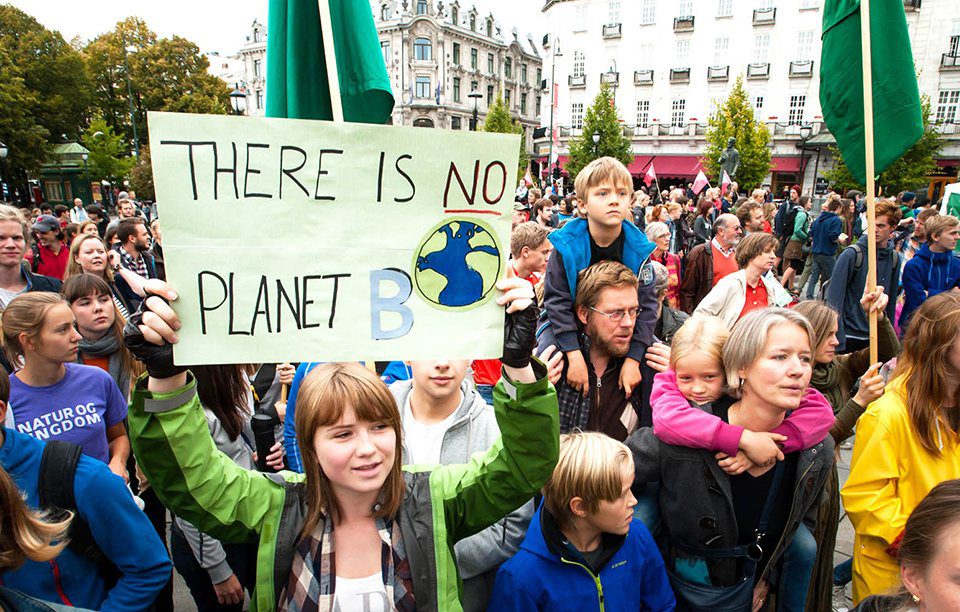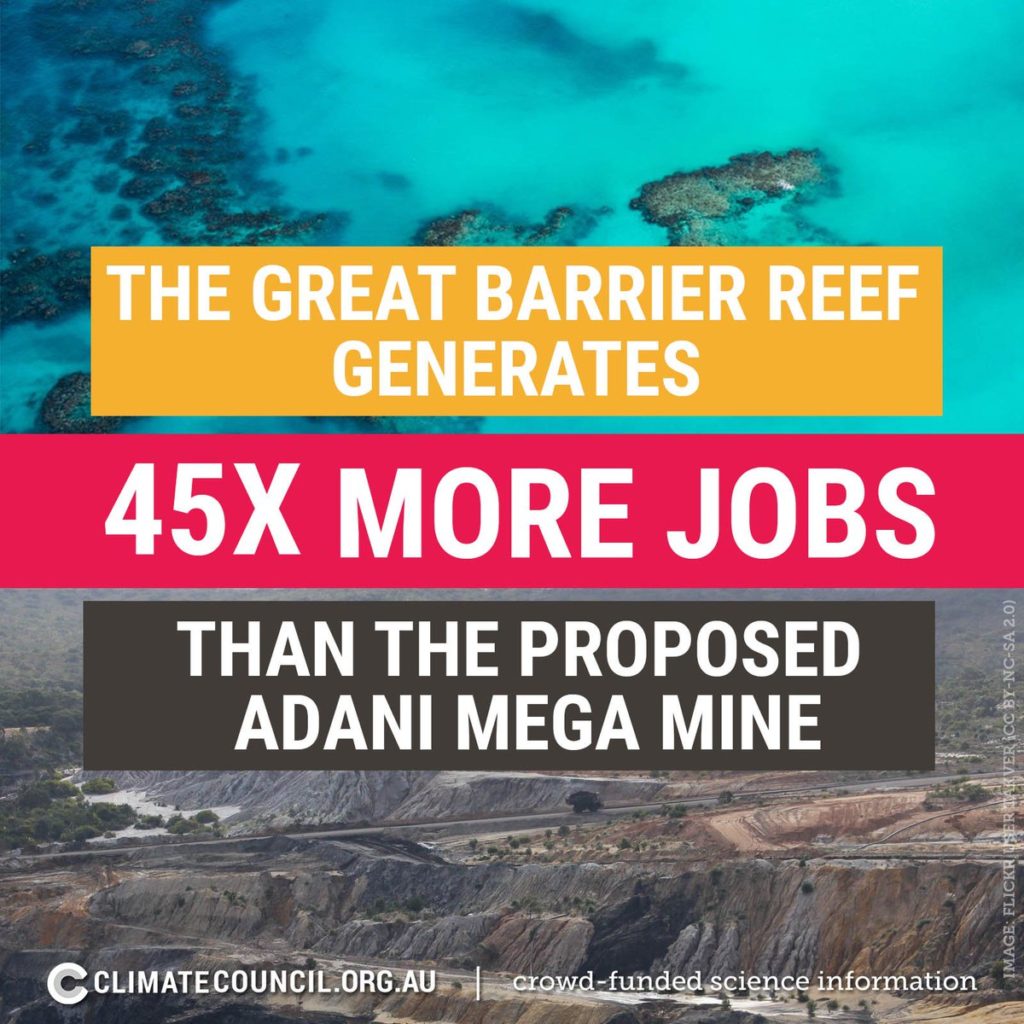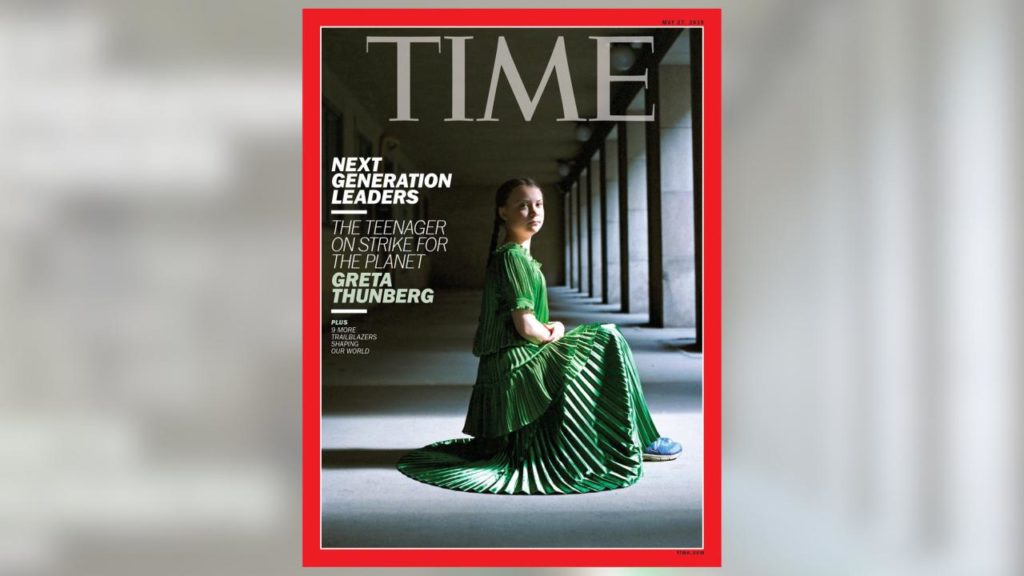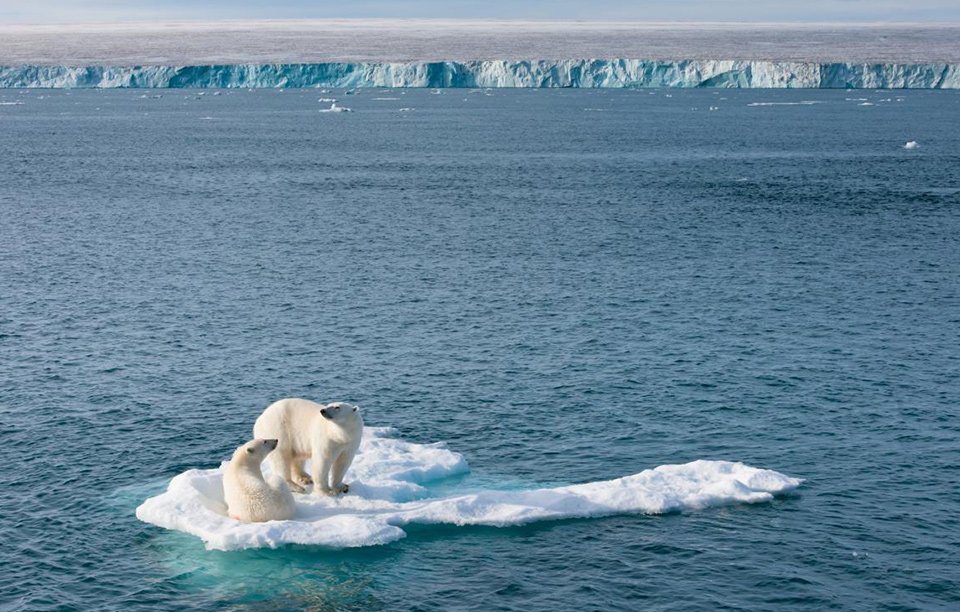Media outlet ‘The Guardian’ has this week amped up their language on the environmental challenges the world faces – and we’re joining them too.
In Australia’s recent election, addressing the plight of the planet through policy was supposed to be of fundamental importance to all Australian’s in swaying their vote for either the dominant Liberal or Labour parties.
This, many said was supposed to be Australia’s “Climate Election.”
Turns out that wasn’t the case on the big day, with the majority of voters instead opting to choose with their wallets over the environment in the name of financial fear/security and the loose promise of jobs and so-called enhanced prosperity via tax breaks.

Just days after the Liberals won the Australian election, the fossil fuel loving party have already re-negged on their promise of tax cuts to low and middle-wage earning voters and confirmed that they will continue their quest to approve environmentally destroying projects like the highly disputed Adani coal mine in Queensland.
It’s a particularly sad irony that many Queenslanders who voted for the liberal party favoured hollow promises of financial gain and jobs over sustaining their biggest asset, the Great Barrier Reef.

What’s the challenge?
Politics aside, clearly, the ‘climate crisis’ message is not cutting through here with so many people the world over flatly refusing to acknowledge that a problem even exists right now.
As climate activist and legendary explorer Robert Swan’s famous quotes states;
“The greatest threat to the planet is the belief that someone else will save it”
Robert Swan, OBE, BA, FRGS
Robert Swan was the first person in history to walk to both the North and South Poles. After seeing first hand the effects of climate change, Robert has dedicated himself to protecting Antarctica and our planet at large.
How many more warnings do we need? The scale of the global climate and wildlife crises has been laid bare by two landmark reports from the world’s scientists.
In October, they said carbon emissions must halve by 2030 to avoid even greater risks of drought, floods, extreme heat and poverty for hundreds of millions of people. In May, global scientists said human society was in jeopardy from the accelerating annihilation of wildlife and destruction of the ecosystems that support all life on Earth.
The United Nations secretary general, António Guterres, talked of the “climate crisis” in September, adding: “We face a direct existential threat.” The climate scientist Prof Hans Joachim Schellnhuber, a former adviser to Angela Merkel, the EU and the pope, also uses “climate crisis”.
In December, Prof Richard Betts, who leads the Met Office’s climate research, said: “global heating” was a more accurate term than “global warming” to describe the changes taking place to the world’s climate. In the political world, UK MPs recently endorsed the Labour party’s declaration of a “climate emergency”.
Earlier in May, Greta Thunberg, the Swedish teenager who has inspired school strikes for climate around the globe, said:
“It’s 2019. Can we all now call it what it is: climate breakdown, climate crisis, climate emergency, ecological breakdown, ecological crisis and ecological emergency?”
Greta Thunberg, student and climate activist

What’s the solution?
The Guardian has this week updated its style guide to use terms that more accurately describe the environmental crises facing the world. And we’re joining them too.
Instead of “climate change” our language will now be “climate emergency, crisis or breakdown” and “global heating” over “global warming”.
Guardian editor-in-chief, Katharine Vine says “We want to ensure that we are being scientifically precise, while also communicating clearly with readers on this very important issue. The phrase ‘climate change’, for example, sounds rather passive and gentle when what scientists are talking about is a catastrophe for humanity.”

“Increasingly, climate scientists and organisations from the UN to the Met Office are changing their terminology, and using stronger language to describe the situation we’re in,” she said.
“Levels of CO2 in the atmosphere have risen so dramatically – including a measure of that in our daily weather report is symbolic of what human activity is doing to our climate,” said Vine in April. “People need reminding that the climate crisis is no longer a future problem – we need to tackle it now, and every day matters.”

What will the positive impact be?
The only way change can happen is through education, inspiration and the collective power of people (yes you!) sharing their insights via their peers and out to the world.
Once you switch on your awareness, you’ll find that there are so many amazing, inspirational stories and projects already out there, be it at home or on your travels to support and get involved in.
Call it a revolution, call it a moment in time – call it whatever you want. But whatever you do – do something, anything with impact to help, no matter how big or small.
Because we really don’t have time on our side.
How can you travel to change the world?
Congratulations! By reading this post and taking some of these insights on board, you’ve already made a difference.
Now you can easily create your impact by sharing your new-found knowledge with other friends who you think would also be interested.
Ultimately, responsible travel comes down to common sense – stay curious, keep yourself up-to-date with the challenges at hand and make yourself accountable for your actions on your travels.
Find out more:
www.theguardian.com
www.climatecouncil.org.au
www.seashepherd.org.au
www.wwf.org.au
www.climatecouncil.org.au
www.whatsyour2040.com.au
This story was adapted from the original piece in the Guardian.